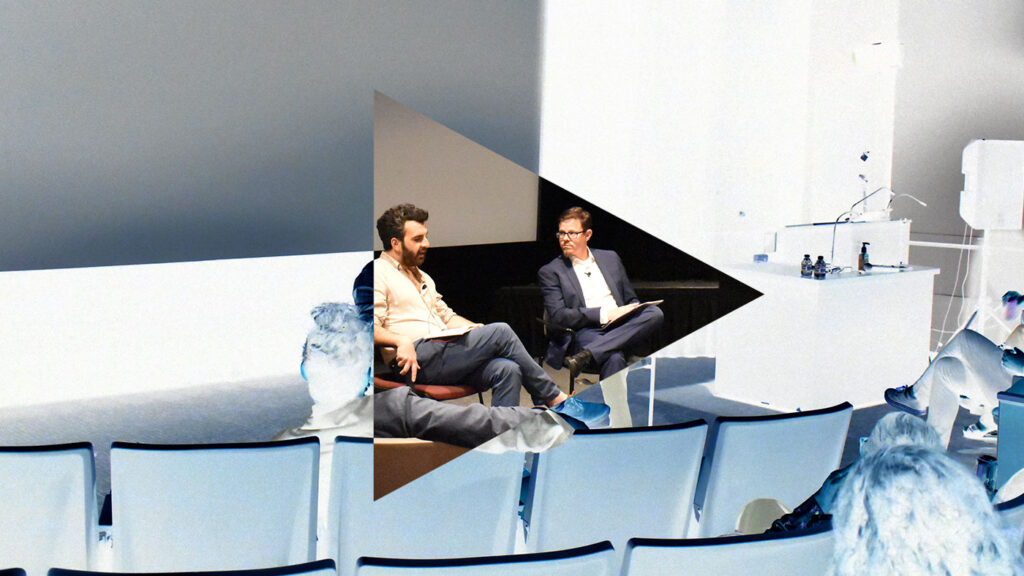Gabriel Winant

Photo by Jeannette Estruth
Gabriel Winant is a historian of the social structures of inequality in modern American capitalism. He is broadly interested in transformations in the social division of labor and the making and management of social difference through this process. His work approaches capitalism as an expansive social order—not confined to the market alone but rather structurally composed of multiple, heterogeneous spheres. The relationships between economic production and formal employment, along with the relationships between social reproduction and governance of the population are where he directs his focus.
In his first book, The Next Shift: The Fall of Manufacturing and the Rise of Health Care in Rust Belt America (Harvard University Press, 2021), the rise of the “service economy” in the wake of manufacturing is investigated. Using Pittsburgh as a case study, The Next Shift shows how deindustrialization triggered the ascent of the care economy and stamped it with the inequalities produced by the New Deal state’s hierarchies of race and gender.
Winant’s current project explores problems similar to those in The Next Shift but from an earlier period, tentatively titled Our Weary Years: How the Working Class Survived Industrial America. It looks at survival strategies of migrants and the social worlds that sustained them by examining the relationships between several key historical phenomena in capitalist development at the turn of the twentieth century.
Read more about his work on the Department of History webpage.


